
by Rasna Warah
Those who have been reading this column will know that I have
for some time been advocating for a more thorough and independent
evaluation of the United Nations and its various programmes and
projects.
The reason I believe this is necessary is because
few UN agencies have actively been monitoring or evaluating the work
they do and its impact, with the result that millions of taxpayer
dollars are simply unaccounted for, pilfered or wasted.
Corruption and mismanagement are often worst in
the poorest and neediest countries, particularly those experiencing
civil strife. In many countries, including Iraq, Rwanda, the DRC and
Haiti, UN failures have had disastrous – and often fatal – results.
Meanwhile, no one is questioning why the UN
Security Council, the “peacemaking” organ of the UN, comprises countries
that are the leading suppliers of arms to the world.
It is, therefore, heartening to see that the
United Nations Development Programme, the UN’s flagship anti-poverty
agency that has offices in 177 countries and territories around the
world, has not only conducted an evaluation of its projects and
activities, but has made the findings public.
The decision to go public is particularly
praiseworthy, considering that the report’s findings do not paint a
pretty picture of its efforts to reduce poverty around the globe.
This could be due to the fact that apart from
UNDP’s own Office of Evaluation, the team that prepared the report
comprised external consultants and an advisory panel of experts.
The use of external experts is in itself quite
unusual, as the UN is prone to evaluating itself using its own staff, a
practice that has seen the worst cases of mismanagement and fraud
conveniently swept under the carpet.
Key donors make assessments about which agencies
to fund based on claims made in these internal evaluations, which are
likely to be flawed.
According to the evaluation report which was
ordered in 2009 by UNDP’s executive board and released to the public
last month, only about half of UNDP’s projects have had significant
outcomes and many have “only remote connections with poverty”.
After spending more than $8.5 billion on
anti-poverty activities between 2004 and 2011, the organisation has only
“limited ability. . . to demonstrate whether its poverty reduction
activities have contributed to any significant change in the lives of
the people it is trying to help”.
The report notes that some UNDP national offices
are pursuing too many dispersed and small-scale projects that not only
have little impact but add to unnecessary costs.
Moreover, many projects are not sustainable as
sustainability is “rarely considered in detail as part of the selection
and design process”. These problems are not unique to UNDP; they reflect
a wider failure within the entire UN system.
Whether a UN agency, or aid agencies in general,
actually reduce poverty, is, of course, debatable. Countless studies
have shown that aid has little impact on poverty reduction, and in many
cases, actually impoverishes people further.
In many African countries, aid substitutes efforts
to improve domestic revenue collection or to grow and improve local
industries.
In Somalia, aid became part and parcel of the war
economy. It is no coincidence that the most aid-dependant countries are
also the poorest.
Aid creates crippling dependency. It saps local
initiative. It often encourages corruption, as governments and
ministries pilfer aid at the expense of their own people. The impact of
aid, as the UNDP report shows, is often not assessed, either by the
donors or the implementing agencies. This leaves a lot of room for
corruption.
Fortunately, an increasing number of donors are
demanding more accountability in the way their aid is disbursed. This is
partly prompted by a shrinking European economy where citizens are
having to bear the burden of harsh austerity measures and are calling
for a halt to overseas assistance.
Donor countries are under pressure from their own populations to
prove that the aid they have allocated to poor countries is worth it.
The UNDP findings will, hopefully, make donors more selective in choosing the agencies they wish to continue supporting.




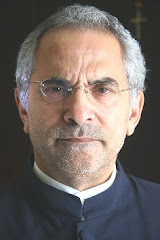

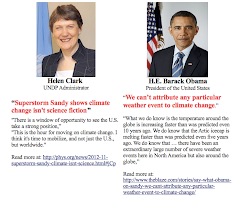














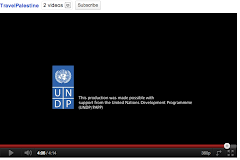

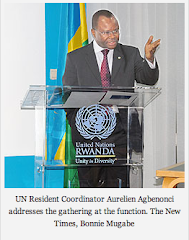



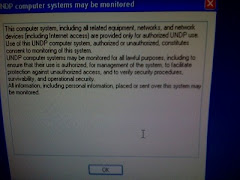

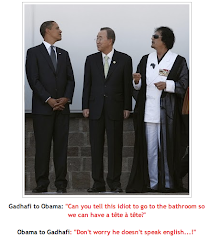
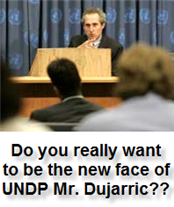





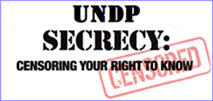
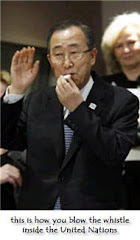
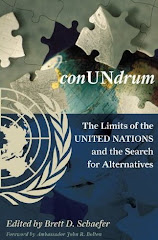

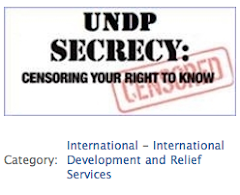



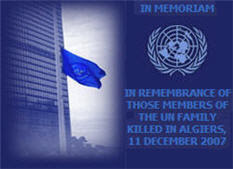



No comments:
Post a Comment